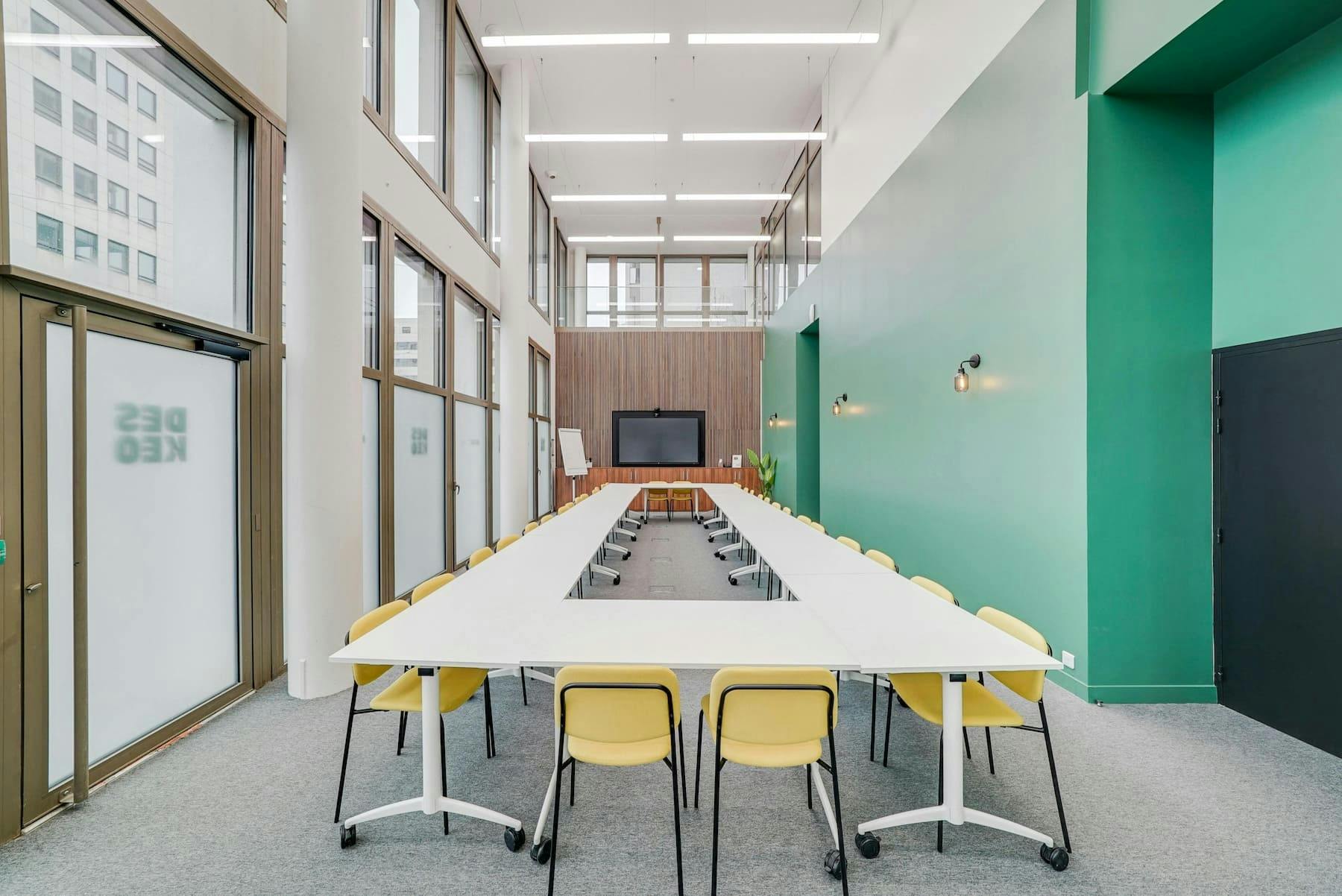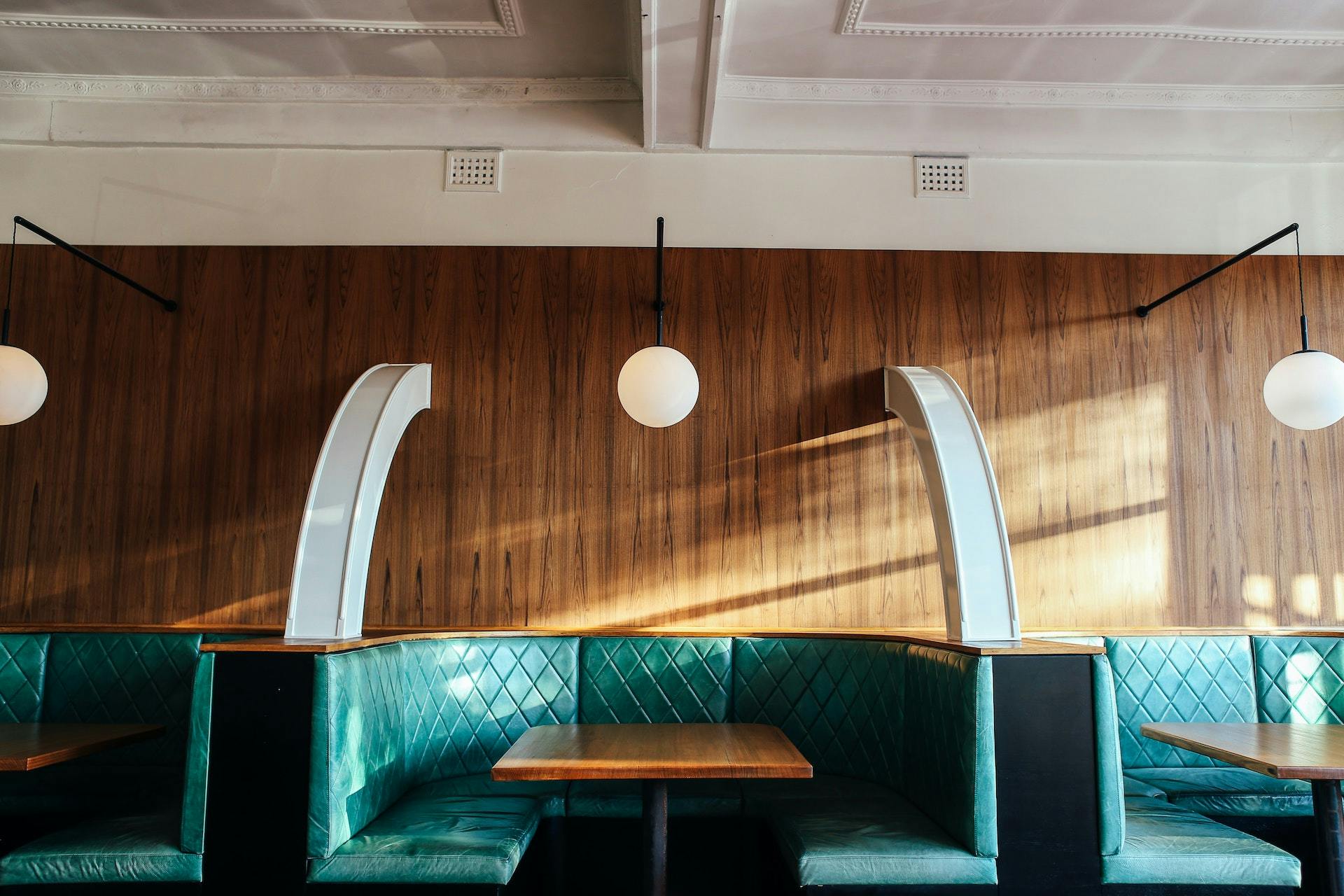

3 6 9 lease: everything you need to know about the classic commercial lease
The 3 6 9 commercial lease is the most common rental contract in France for commercial premises. This contract offers great stability to tenants and landlords, but it can also have some constraints. Here is everything you need to know about the 3 6 9 commercial lease, including the possible alternatives and the rules for renewing and terminating the lease.
What is a 369 commercial lease?
A 3 6 9 commercial lease is a contract for the rental of commercial premises for a minimum period of 9 years. The lease is tacitly renewable every three years, i.e. the tenant can stay in the commercial premises for at least nine years. He may then decide to leave the premises at the end of each three-year period.
3-6-9 lease: the principle behind the three-year period
The 3 6 9 commercial lease is governed by the Pinel law. According to this law, the commercial lease must be concluded for a minimum period of 9 years and can be renewed automatically every three years. During the term of the lease, the tenant can therefore stay in the commercial premises for at least nine years. This period allows the tenant to depreciate the investments made in the commercial premises, such as the fitting-out work or the creation of a business.
What does the 3 6 9 lease contract contain?
The 3 6 9 commercial lease contract must contain certain mandatory information. In particular, it must specify the minimum duration of the lease, the amount of the rent and the terms for its revision, as well as the rental charges and the terms of payment. The contract must also specify the respective obligations of the lessor and the tenant, such as the maintenance of the commercial premises and the payment of charges.
The resolutory clause is usually included in a commercial lease. It allows the lessor to terminate the lease in case of non-compliance with the lessee's obligations. This clause gives the lessor the right to terminate the lease early, without having to go through legal proceedings, if the tenant does not respect the terms of the contract. However, in order to be valid, the resolutory clause must be drafted precisely and clearly, and it must comply with certain conditions of form and substance laid down by law.
How to renew a 3 6 9 commercial lease?
At the end of each three-year period, the commercial lease expires and must be renewed for a new three-year period. The tenant can request the renewal of the commercial lease from the landlord, who can only refuse it for certain reasons listed in the law. These reasons include the landlord's wish to take over the commercial premises in order to set up his own business, the need to carry out major works on the premises, or the tenant's failure to comply with his contractual obligations.
If the landlord refuses to renew the commercial lease, he must inform the tenant by bailiff's deed at least 6 months before the end of the current lease, stating the reasons for his refusal. The tenant then has a period of 2 years to contest the landlord's decision and request eviction compensation, which corresponds to the value of the business and the damage suffered.

How to terminate a commercial lease 3 6 9?
The tenant may terminate the commercial lease before the end of the three-year period under certain conditions, for example if the landlord fails to comply with its contractual obligations, or in the event of force majeure (e.g. in the event of a disaster). In this case, he must inform the landlord by registered letter with acknowledgement of receipt and respect a notice period of 6 months. The termination of a lease must therefore comply with a number of rules.
The landlord can also terminate the commercial lease under certain conditions, for example in the event of non-payment of rent or in the event of a breach of contract by the tenant. In this case, the landlord must also inform the tenant by registered letter with acknowledgement of receipt and respect a notice period of 6 months. If the landlord wishes to take over the commercial premises to set up his own business, the notice period is 18 months.
What is the derogatory lease or "precarious lease"?
The derogatory lease or "precarious lease" is an alternative to the 3 6 9 commercial lease, which allows the tenant to have a commercial premises for a maximum of 3 years. Unlike the classic commercial lease, the derogatory lease cannot be renewed and does not entitle the tenant to an eviction indemnity at the end of the contract.
The derogatory lease can be interesting for entrepreneurs who wish to test their activity before making a long-term commitment, or for landlords who want to rent a commercial premises for a limited period. However, it has the disadvantage of being precarious, as the tenant may be forced to leave the business premises on expiry of the derogatory lease.
What are the alternatives to the 369 lease?
Although the 369 lease is the most common form of lease for commercial premises in France, there are other types of lease that can be used.
The professional lease is one of these types of lease. It is generally used for activities that are not commercial, such as the liberal professions. The professional lease does not include the same provisions and protections as the lease.
Another type of lease is the precarious lease, also called a derogatory lease. It is used for short-term rentals and offers greater flexibility for both parties. Unlike the 3 6 9 lease, it can be terminated at any time without having to pay eviction compensation.
Finally, it is possible to rent commercial premises without a lease. This form of tenancy is more precarious for the tenant, as there is no long-term contract. However, it can be useful for temporary activities or market tests.

Contact Us
We find your Perfect fit!
